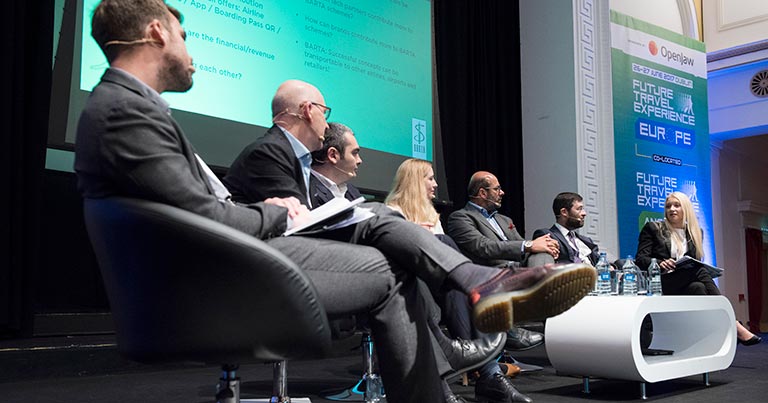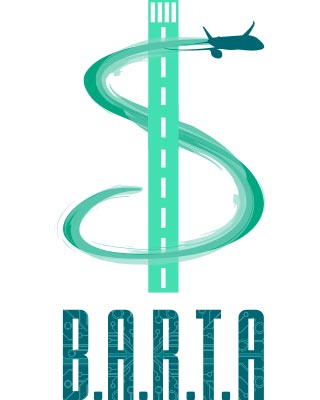
Last week’s Future Travel Experience Europe and Ancillary event in Dublin included a big announcement that has the potential to revolutionise the duty free and travel retail industry, and create hundreds of thousands of euros in additional revenue.
During the weeks ahead of the event, FTE and the BARTA (Brand, Airline, Retailer, Technology, Airport) Task Force set out to explore if they could create a new travel retail model that goes beyond the existing airport-retailer-brand relationship. A key part of the thinking was to bring an airline into the airport travel retail mix for the first time. After all, it is often the airlines that have the closest relationships with, and information about, passengers.
The first-of-its-kind project brought together senior figures from Budapest Airport, Wizz Air, Heinemann Duty Free, SSP Group and FLIO, tasked with the challenge of defining a business model for stakeholder collaboration to increase airport and in-flight retailing revenues and, in turn, create bigger profits for all.
Trial announced for Q4 2017

At FTE Dublin, it was announced that a unique trial will take place in Budapest, which has the all-important buy-in of the airport, the airline and the retailer. The trial is set to start in Q4 2017.
During the trial period, if a departing passenger at Budapest Airport spends €50 or €75 in a Heinemann store, they will receive a voucher worth €4.50 or €7.00 to spend in the Wizz Air Café, the airline’s onboard F&B store. Wizz Air and Budapest Airport have agreed to promote the offer via digital channels, such as passengers’ travel itineraries, flight reminders and boarding passes.
The vital component of this new relationship is the airline, which has not been involved in previous airport travel retail relationships. The inclusion of Wizz Air in the trial opens up an opportunity to present passengers with retail information and offers at multiple stages of the journey, from the point of booking through to day-of-travel mobile notifications, and also allows for retail offers to be extended to the in-flight phase of travel.
Budapest Airport, which handles some 12 million annual passengers, is a perfect test site. It already has direct commercial relationships with both Wizz Air and Heinemann Duty Free, and the latter considers it to be a standout retail location. Furthermore, Heinemann, which operates around 320 travel retail stores, is a top-five global travel retailer.
‘€800,000 in additional revenue’
During the presentation in Dublin, the BARTA Task Force explained that 400,000 Wizz Air passengers already buy at Heinemann Budapest each year. Heinemann estimates that as many as 90,000 of these passengers could receive an F&B voucher for the Wizz Air Café per year. It is also estimated that the proposed initiative could create €800,000 in additional Wizz Air Café sales, while Budapest Airport and Heinemann also anticipate increased revenues.
“This is only the beginning,” stated Ildikó Jankovich, Managing Director of Heinemann Hungary, and a member of the BARTA Task Force. “We have started to explore many opportunities for collaborative ways of working.”
While the results of the trial will not be clear until early 2018, the BARTA initiative has already made a big breakthrough by bringing an airline into the travel retail relationship. Research suggests that the existing airport-retailer-brand travel retail model currently tempts around one quarter of travellers in Europe to buy traditional duty free/travel retail products. The BARTA Task Force now has the potential to create a complementary new model, fit for the digital age and tailored to the always-connected traveller, which could significantly increase revenues for all involved.
Future Travel Experience will endeavour to keep our readers updated on each stage of the project, including the findings from the trial.







